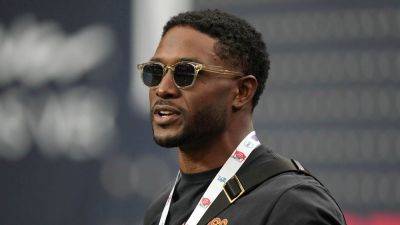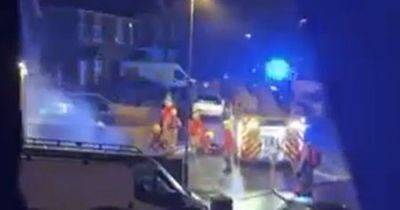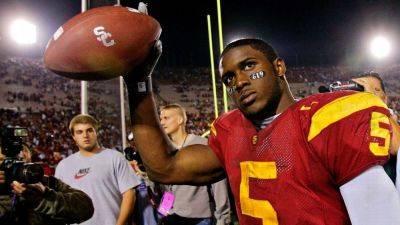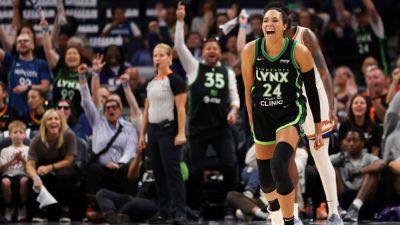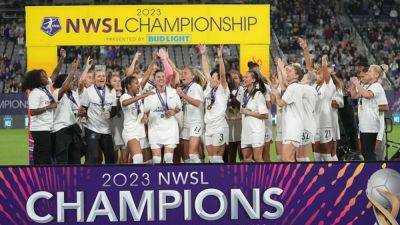House v. NCAA settlement on hold as judge urges revisions - ESPN
A federal judge ordered the attorneys negotiating a major settlement that could reshape the business model of college sports to «go back to the drawing board» to resolve concerns she has about how the deal would limit the ways in which boosters can provide money to athletes.
Judge Claudia Wilken declined to grant preliminary approval to the House v. NCAA antitrust settlement Thursday. She said she was concerned with multiple parts of the terms of the deal. Chief among her worries was a clause that would require any money that boosters provide to athletes to be for a «valid business purpose.»
During the past several years, booster collectives have evolved to provide payments to athletes that on paper are payments for the use of the player's name, image and likeness but in practice have served as de facto salaries. The settlement terms would make it easier for the NCAA to eliminate those payments.
«What are we going to do with this?» Wilken asked. «I found that taking things away from people is usually not too popular.»
Wilken gave attorneys representing the NCAA and the plaintiff class of Division I athletes three weeks to confer and decide whether they could revise the language or would need to scuttle the pending deal. NCAA lead attorney Rakesh Kilaru told the judge that the revised rules for how collectives operate is «a central part of the deal.»
«Without it, I'm not sure there will be a settlement,» Kilaru said.
Jeffrey Kessler, co-lead attorney for the plaintiffs, told ESPN on Thursday night that he was comfortable with the judge's suggestion to remove the new language about NIL collectives from the settlement.
«We are perfectly fine with those changes. It's now up to the NCAA. Hopefully they'll agree to them,»



